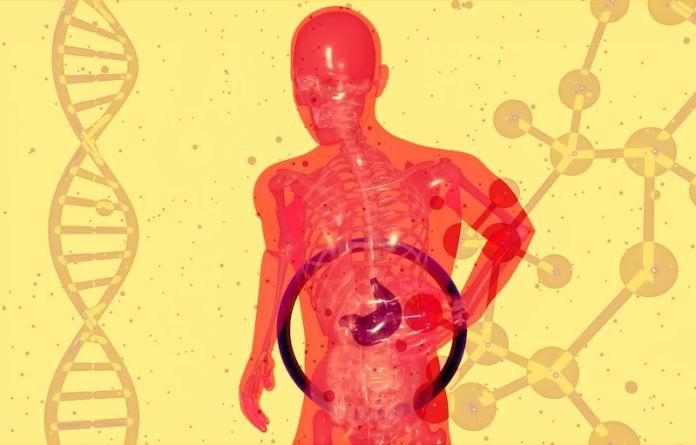
A recent study conducted by scientists at Cedars-Sinai Cancer has uncovered a concerning link between fatty liver and the spread of colorectal cancer to the liver.
This finding, published in the journal Cell Metabolism, sheds light on the cellular-level mechanisms involved and suggests that doctors may need to change their approach to managing the disease in certain patients.
Let’s delve into the study’s findings and implications.
The Connection between Fatty Liver and Colorectal Cancer
Fatty liver, a condition often associated with obesity, occurs when fat accumulates in the liver cells. In the United States, around 25% to 30% of adults are obese, putting them at risk of developing fatty liver.
Researchers discovered that fatty liver cells secrete small sacs containing proteins and genetic material, which can promote the spread of colorectal cancer to the liver.
This indicates that doctors should pay closer attention to patients with colorectal cancer who also have fatty liver.
The Hidden Dangers of Mild Fatty Liver
Interestingly, the study focused on a mild form of fatty liver, which may go unnoticed by doctors. This suggests that the condition is likely underdiagnosed.
Even mild cases of fatty liver were found to increase the risk of cancer spreading.
Shockingly, the researchers found that more than 40% of colorectal cancer patients had fatty liver, but specialized MRI scans required to detect it were not frequently ordered.
Consequently, many cases of fatty liver remain undetected.
Colorectal Cancer and Liver Metastasis
Liver metastasis, the spread of cancer from the colon or rectum to the liver, is a significant cause of mortality in colorectal cancer patients. Around 70% of these patients eventually develop liver metastasis.
The researchers sought to understand why some patients experience aggressive metastasis while others do not, as well as why certain patients respond better to treatment than others.
Unraveling the Mechanisms
To investigate the connection between fatty liver and colorectal cancer, the scientists conducted experiments on laboratory mice with colorectal cancer liver metastasis.
Some of the mice were fed a high-fat diet to induce fatty liver. The researchers observed that the liver cells of mice with fatty liver produced more extracellular vesicles, which are tiny particles released by cells carrying proteins and genetic material.
These extracellular vesicles contained specific microRNAs that stimulated the growth, migration, and invasion of cancer cells.
When the cancer cells absorbed these vesicles, the microRNAs interacted with a protein called yes-associated protein, promoting tumor growth and making the primary cancer more aggressive and metastatic.
Implications for Treatment
The study also revealed that yes-associated proteins suppress the immune system in the immediate vicinity of tumors.
This suggests that colorectal cancer with liver metastasis in patients with fatty liver may be resistant to immunotherapy, a common cancer treatment that boosts the body’s immune response against cancer cells.
Confirmation in Human Patients
To validate their findings, the investigators compared tissue samples from human patients with and without fatty liver who had colorectal cancer liver metastasis.
The same conditions were observed, further supporting the link between fatty liver and the promotion of cancer spread.
Future Directions and Recommendations
Further research is necessary to determine whether fatty liver in lean patients, particularly among Asian populations where it is prevalent, has similar effects on the spread of cancer.
Additionally, studies could explore whether metastatic colorectal cancer with fatty liver is indeed resistant to immunotherapy and investigate possible strategies to overcome this resistance.
Conclusion
The study conducted by Cedars-Sinai Cancer highlights the concerning association between fatty liver and the spread of colorectal cancer to the liver.
The research provides valuable insights into the cellular-level mechanisms involved and emphasizes the need for doctors to consider the presence of fatty liver in colorectal cancer patients.
By recognizing this connection, healthcare professionals can adapt their treatment approaches and potentially improve patient outcomes.
If you care about cancer, please read studies that a low-carb diet could increase overall cancer risk, and vitamin D supplements could strongly reduce cancer death.
For more information about nutrition, please see recent studies about meat and cheeses directly linked to higher cancer risk, and results showing this anti-inflammatory drug could help stop the spread of cancer.
The study was published in Cell Metabolism.
Copyright © 2023 Knowridge Science Report. All rights reserved.



